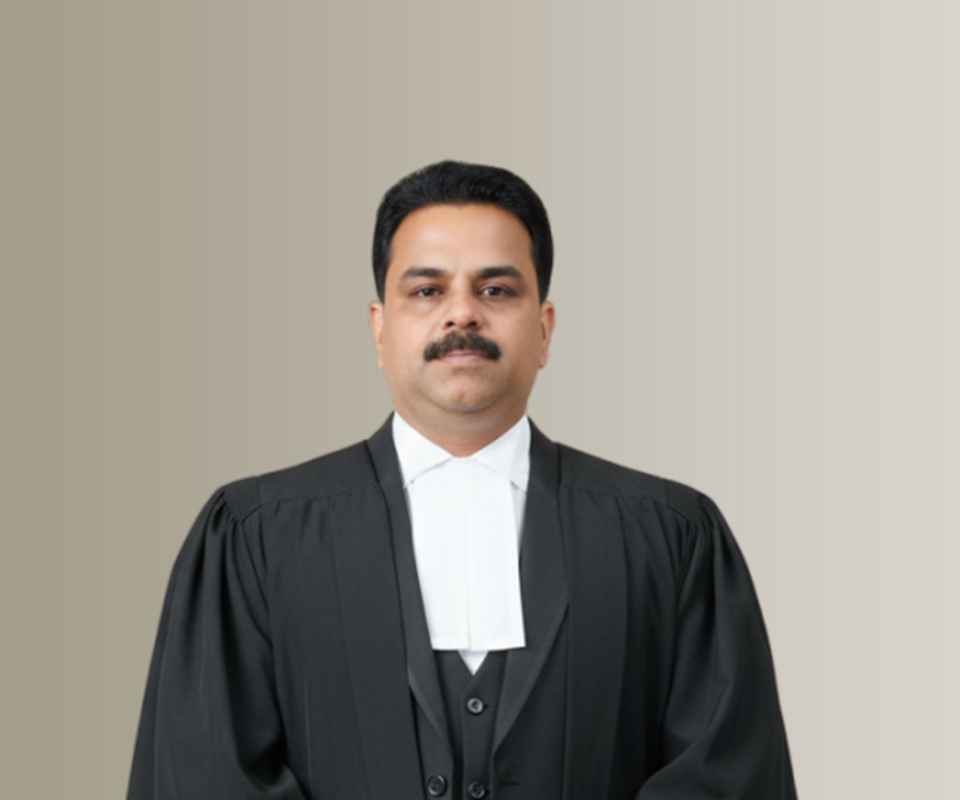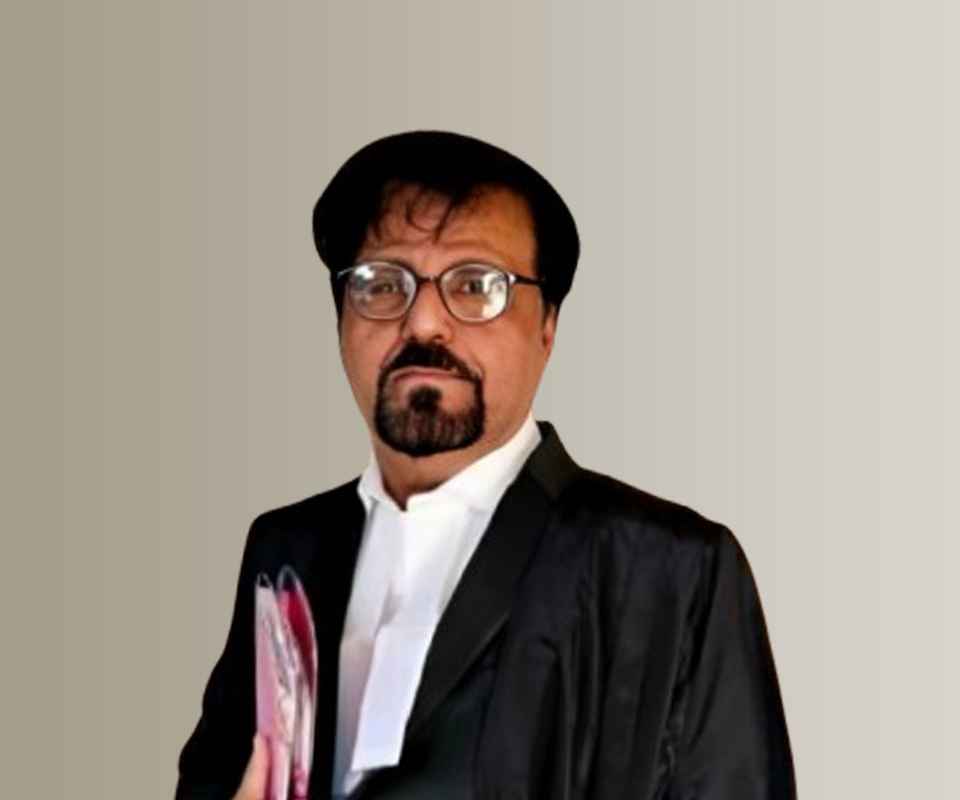Answer By law4u team
India’s stance on the Nuclear Non-Proliferation Treaty (NPT) is one of firm opposition to signing it in its current form. India has consistently refused to join the NPT since its inception in 1968, and this position remains unchanged. Key Reasons for India’s Opposition to NPT: 1. Discriminatory Nature of the Treaty India considers the NPT discriminatory because it: Legitimizes the possession of nuclear weapons by only five countries (USA, Russia, UK, France, China – the P5), which are recognized as Nuclear Weapon States (NWS) Prohibits all other countries, including India, from acquiring or developing nuclear weapons, creating a nuclear hierarchy 2. No Time-bound Disarmament Commitment India believes the NPT lacks a concrete and time-bound plan for complete global nuclear disarmament. 3. National Security Concerns India’s refusal is also rooted in security considerations, especially with nuclear-armed neighbors like China (an NPT member) and Pakistan (also a non-signatory but a nuclear power). India's Alternative Approach: While not a signatory to the NPT, India supports the goal of global nuclear disarmament and adheres to the following principles: No First Use (NFU) nuclear policy Voluntary moratorium on nuclear testing (after Pokhran-II in 1998) Responsible nuclear doctrine with strict command-and-control systems Commitment to non-transfer of nuclear weapons and technology International Recognition Despite Non-signing: In 2008, India received a waiver from the Nuclear Suppliers Group (NSG), allowing it to engage in nuclear trade despite not signing the NPT. The India–US Civil Nuclear Agreement recognized India as a responsible nuclear power. India maintains bilateral agreements with various countries for peaceful nuclear cooperation under IAEA safeguards. India’s Consistent Statement: India will consider joining the NPT as a Nuclear Weapon State if the treaty is universal, non-discriminatory, and balanced in obligations and rights. Conclusion: India’s stance is that the NPT, in its current form, is inequitable and unjust, but it remains committed to non-proliferation, disarmament, and the peaceful use of nuclear energy, maintaining a responsible nuclear posture outside the NPT framework.









